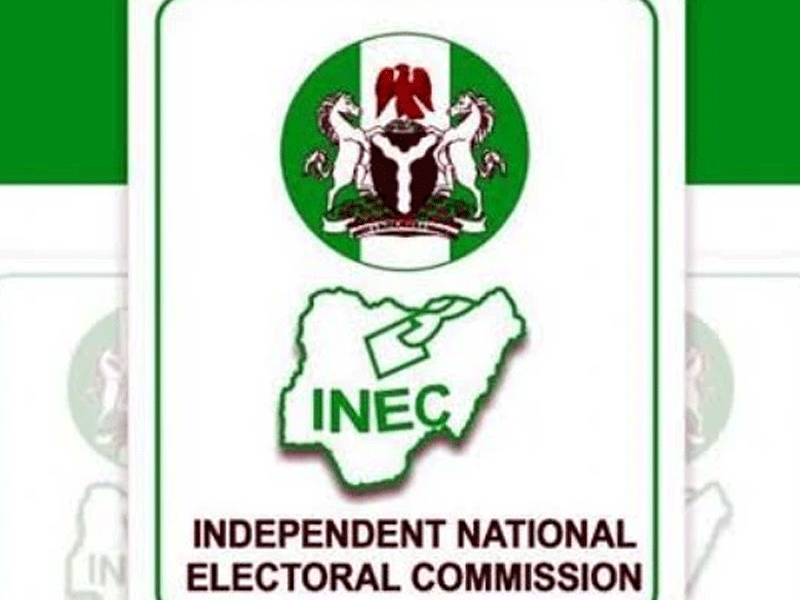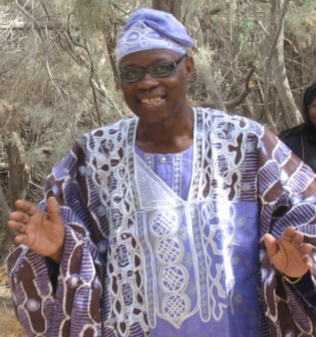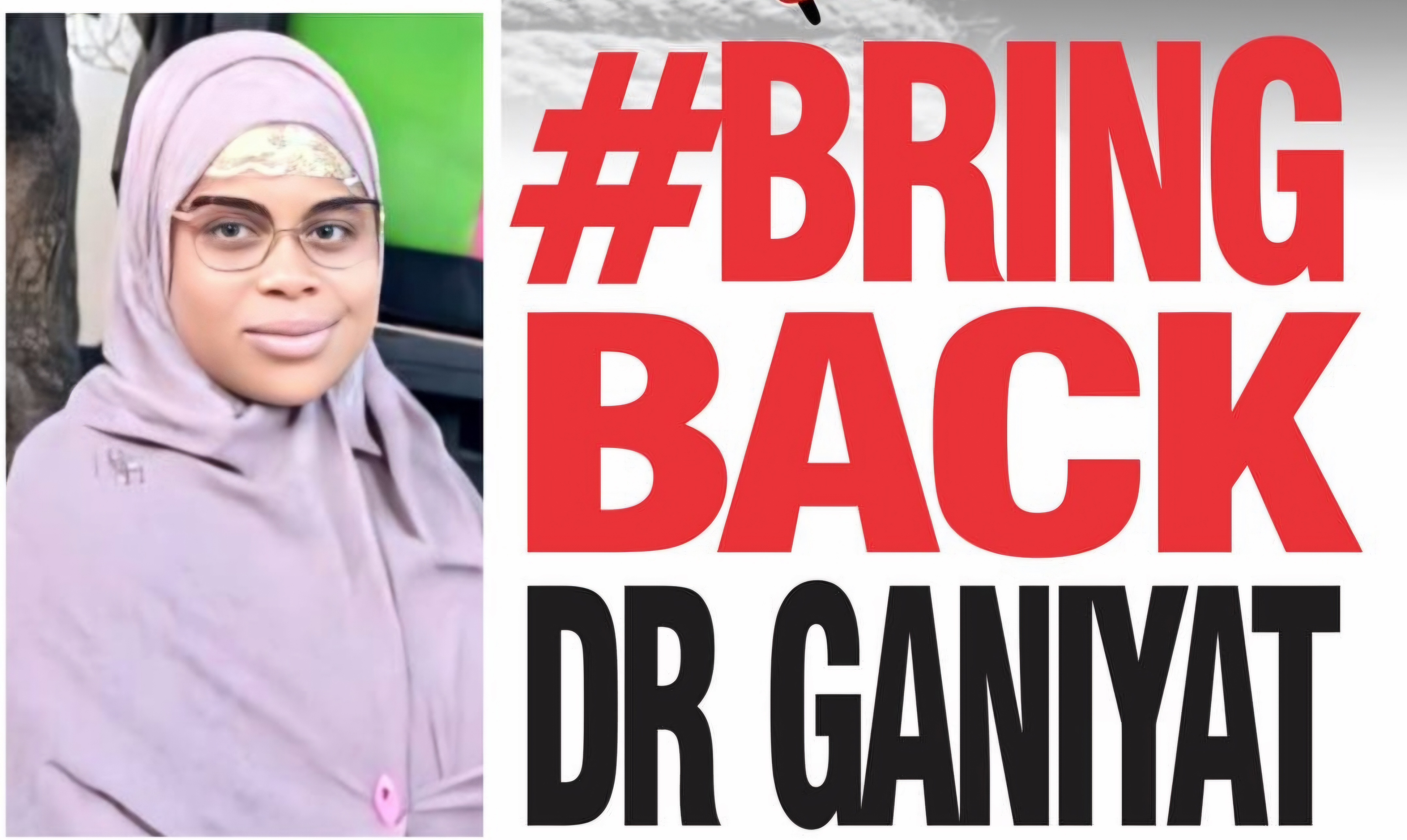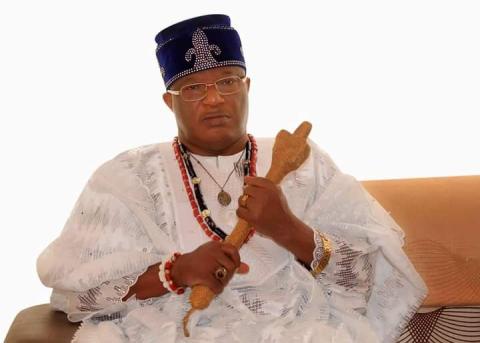
Breaking News: Unilorin Alumi Association: 'We were warned' - Opinion
Breaking News: Breaking: Court Restrains Oyo Assembly from Further Impeachment Process Against Makinde’s Deputy, Olaniyan
Breaking News: Labour leaders physically assault Ogun journalists for covering strike, harass hospital workers
Breaking News: Congratulations Asiwaju – Osinbajo’s spokesperson accepts defeat
Breaking News: Finalissima: Messi steals show, beats European Champion, Italy
This was as data revealed that electricity billing by distribution companies increased by 106.68 per cent or N393.26bn year-on-year from the same period in 2024.
According to the latest report published by the Nigerian Electricity Regulatory Commission, the 12 power distribution companies, also known as Discos, billed customers a total of N761.91bn between January and March 2025.
However, only N559.3bn was collected during the period, translating to a revenue collection efficiency of 73.4 per cent and a shortfall of N202.61bn or 26.6 per cent.
This performance is slightly improved compared to the same period in 2024, when the Discos collected N291.62bn out of N368.65bn billed, representing a collection efficiency of 79.1 per cent and a shortfall of N77.03bn.
However, the quantum of revenue lost in 2025 more than doubled year-on-year, and the percentage of revenue lost due to non-payment increased.
The performance indicates an improvement in volume from the total revenue collected by all Discos in 2024/Q4, which was N509.84bn out of the N658.40bn that was billed to customers.
A detailed breakdown of the figures showed wide disparities in the performance of the Discos.
While some recorded moderate improvements, others still grappled with significant revenue gaps, raising fresh concerns over the financial viability of Nigeria’s power sector.
For instance, Ikeja Electric, which billed the highest amount among the Discos, issued invoices totaling N129.91bn but managed to collect only N101.2bn, leaving a gap of N28.71bn and a revenue shortfall of 22.1 per cent.
Similarly, Eko Disco billed N123.76bn but collected N101.51bn, a shortfall of N22.25bn or 17.9 per cent, while Abuja Disco billed N109.73bn and realised N88.1bn, losing N21.63bn or 19.7 per cent to non-payment.
Ibadan Disco billed N82.88bn but collected N61.73bn, losing N61.73bn or 25.5 per cent. Benin Disco billed N64.96bn, collected N52.31bn, and lost 19.5 per cent; Enugu Disco billed N55.56bn, receiving N44.95bn in payments.
At the lower end of the collection chart were Jos, Kaduna, and Yola Discos, all of which recorded alarming gaps between energy billed and actual revenue.
Jos Disco billed N36.31bn but got back only N17.13bn, reflecting a revenue shortfall of over 52 per cent. Kano Disco billed N40.51bn, collected N25.5bn, recording a 37.1 per cent shortfall.
Kaduna Disco billed N24.22bn and collected N11.72bn, while Yola Disco billed N14.42bn and managed to recover only N8.2bn, representing a 43.1 per cent shortfall. Aba Power, the newest entrant among the Discos, billed N17.65bn and collected N9.32bn, losing N8.33bn in the process.
These shortfalls have once again brought to the fore the long-standing concerns over Discos’ operational efficiency, especially in the area of revenue collection.
The data paints a grim picture of persistent inefficiencies in revenue assurance, particularly in the northern axis of the country, where collection rates are lowest.
In a recent media briefing, the Minister of Power, Adebayo Adelabu, expressed disappointment at what he described as “chronic underperformance” by the Discos, blaming their inability to invest in critical metering, network upgrades, and collection systems.
Newsletter





We are not gonna make spamming
Copyright By @ HorizonTimes - 2026
BACK TO TOP